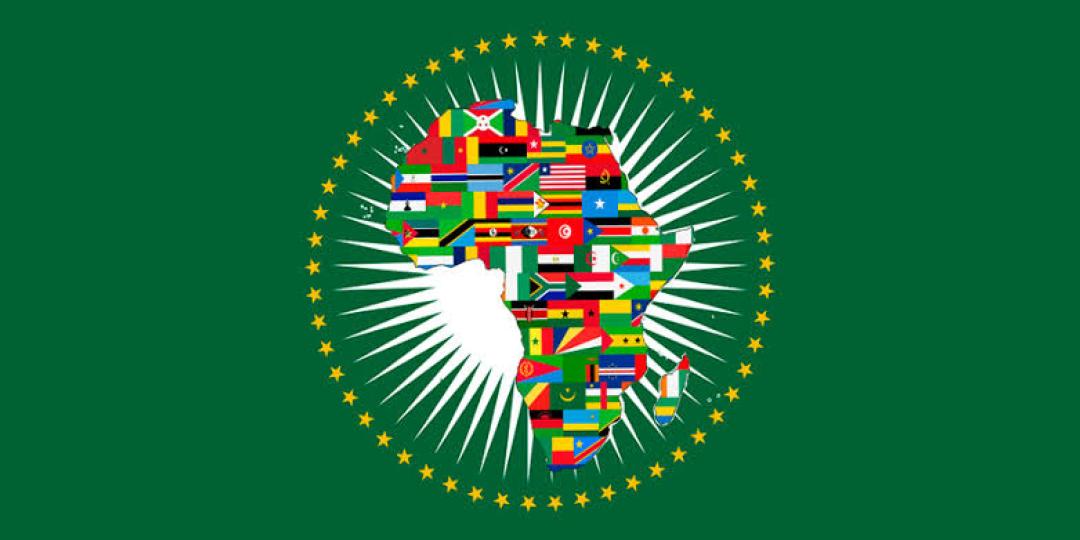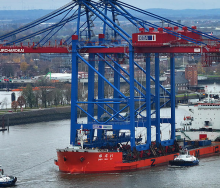Regional integration through structures like the African Continental Free Trade Area (AfCFTA) are needed to help poorer countries to recover economically from the effects of the Covid-19 pandemic, according to delegates attending Unctad’s 15th quadrennial conference in Barbados.
“The current international trading system has so far failed to provide many developing economies with the opportunity to build back better,” Unctad Secretary-General Rebeca Grynspan said as she opened the discussion.
“In this light,” she added, “it is critically important to conceive regional integration and cooperation arrangements as part and parcel of an enabling environment for a more resilient, inclusive and sustainable future.”
In March, the AfCFTA Secretariat and the United Nations Development Programme (UNDP) signed a strategic partnership to promote trade as a stimulus for Africa’s socioeconomic recovery from the Covid-19 crisis.
The partnership will leverage UNDP’s presence in all African countries, working in close collaboration with other UN entities, and includes direct support to the AfCFTA Secretariat through a financial grant of US$3 million, according to a joint statement.
Regional integration has long been a tool to reduce border protection but can also effectively address behind-the-border non-tariff measures, whose trade costs are now two to three times higher than that of tariffs, according to Unctad.
By harmonising policies and regulations through protocols on, for example, intellectual property rights and competition policy, regional trade agreements (RTAs) could create opportunities for local businesses, panellists said.
“Regionalism is necessary for a freer flow of trade and competition that will push down prices and increase production,” said Eleanor M Fox, a professor of trade regulation at New York University.
Having access to a bigger market would help develop an African pharmaceutical industry capable of meeting the needs of the continent’s population, said Albert Muchanga, the African Union’s commissioner for economic development, trade, industry and mining.
African companies currently manufacture less than 2% of the medicines consumed on the continent. As a result, he said, roughly half of Africans lacked regular access to the most essential medicines.
By creating a common market of over 1.3 billion people, AfCFTA was expected to give a major boost to Africa’s pharmaceutical industry by resolving the challenges of small and fragmented markets, he added.
An unfragmented AfCFTA market would be as big as India’s domestic market, which Muchanga said was key to the country’s ability to build a pharmaceutical sector that has become the world’s largest provider of generic drugs and a key supplier of the multilateral Covax initiative to provide equal access to Covid-19 vaccines.













